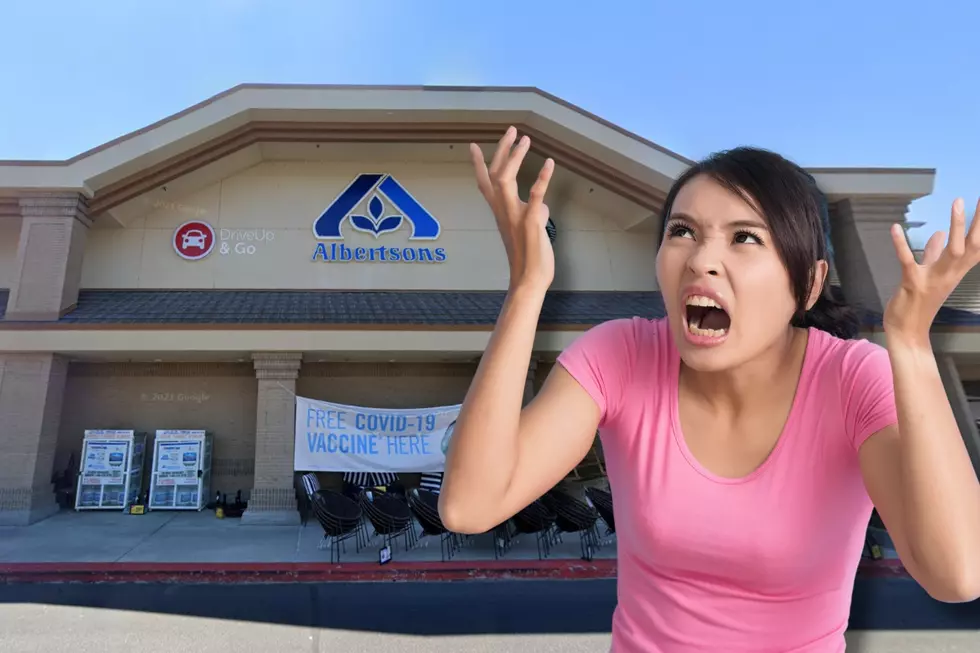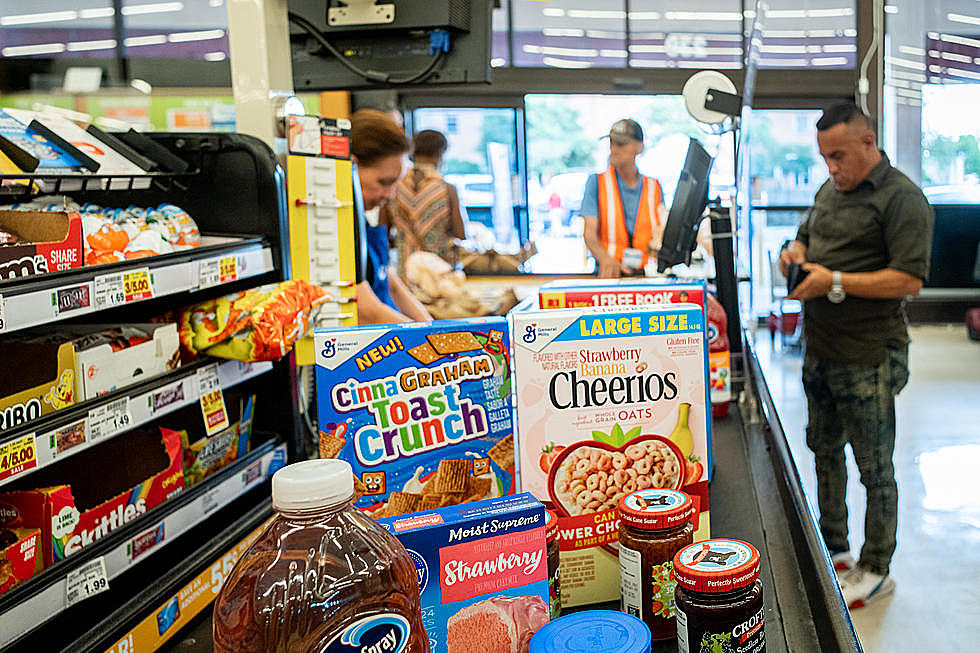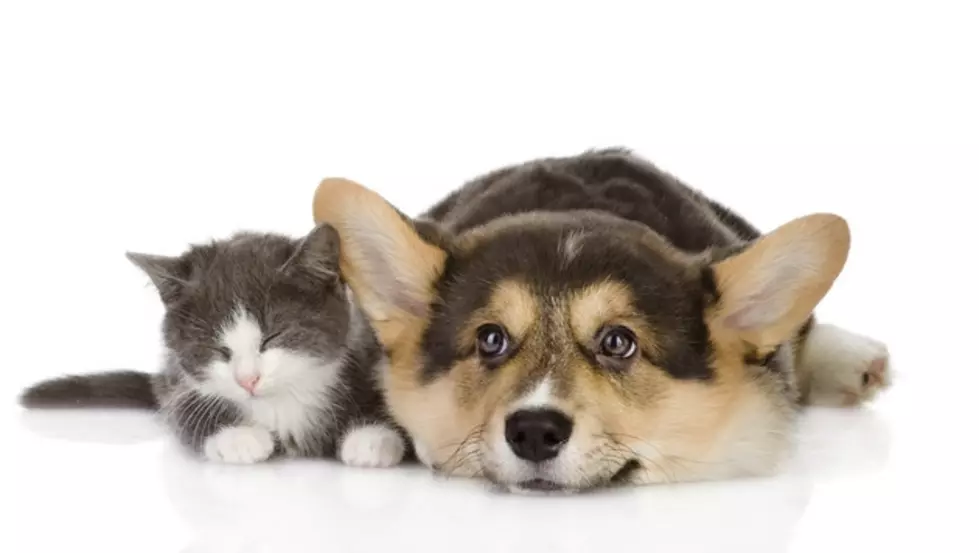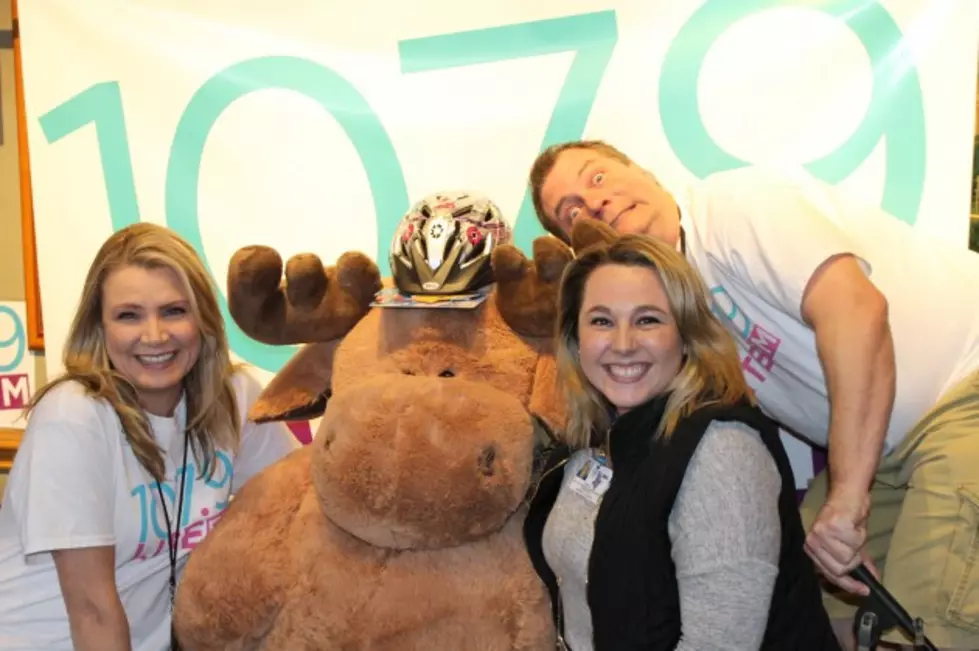
Ginger’s Close Call
Doing laps multiple times in a round pen in flip flops and shorts was not how I
anticipated spending my Friday evening. Many times my hubby and I are asked how it is we do what we do: work together and keep our little hobby ranch with critters on track. We divide and conquer. Today while Kevin was anchoring thepotato gleaning for Christmas Wish I was home wrangling critters, horses, barn chores and doing my best to make a dent in the household chores that I've neglected while working non stop the past couple of weeks.
When Kevin came home from the tater field he stopped off in the barn to do a few things before coming in for the night and the next thing I know (as I am sitting down and attempting to relax for the first time all day) our daughter Alicia is in our room asking me, "Why is Dad out making Ginger move in the round pen?" (That's Alicia snuggling Ginger in the picture above.)
I was up, slipped on my flip flops and went out to assess the situation and determined that Miss Ginger was possibly in the initial phase of colicing. Colic is a painful intestinal condition and is the number one killer of horses. We did the only thing we knew to do - call the Vet and keep the horse up and walking.
I told everyone to remain calm and that this situation was totally different from the event a few months ago when we lost our paint horse Marty to a terrible e coli infection.
Our Vet Matt Woodington came out and confirmed that Ginger was indeed somewhat dehydrated and that we'd caught her colic condition before it could progress to something life threatening. He gave her a gentle sedation and then an exam and then administered some solution through her nasal passage that would help her relax and ease her intestinal issues.
We have been super vigilant in keeping an eye on our horses and making sure they get everything they need to stay healthy so we were very surprised to find out what may have brought on Ginger's colic scare.
Matt told us that as the nights and mornings are cooler some horses just forget or don't think they need to drink as much water as they did when the days were blazing hot. So, the horses get dehydrated and all the hay and grain in their guts gets dry and hard and then they can't pass it so their intestines seize up or twist and they colic.
Matt told us the major reason so many horses die from colic is the owners walk a dehydrated horse that won't drink for hours...then they call him and by then it's too late. He also said this is the time of year when he sees a huge upswing in colic cases and it all comes down to the changing weather and decrease in water consumption by the horses.
Ginger is doing better now. She's nickering and asking for hay. No hay until tomorrow afternoon - Vet's orders! She has to show "proof" that her system is working and everything is okay then she'll get to have a late lunch tomorrow. Meanwhile my daughter and I will be taking shifts thru the night to check on Ginger each hour.
Dang fur kids! They sure do leave lasting hoof and paw prints on our hearts.... ~ Brenda
Woodington Vet takes care of all of our animals: cats, dogs & horses. We highly recommend Matt and his caring staff.
More From 107.9 LITE FM









